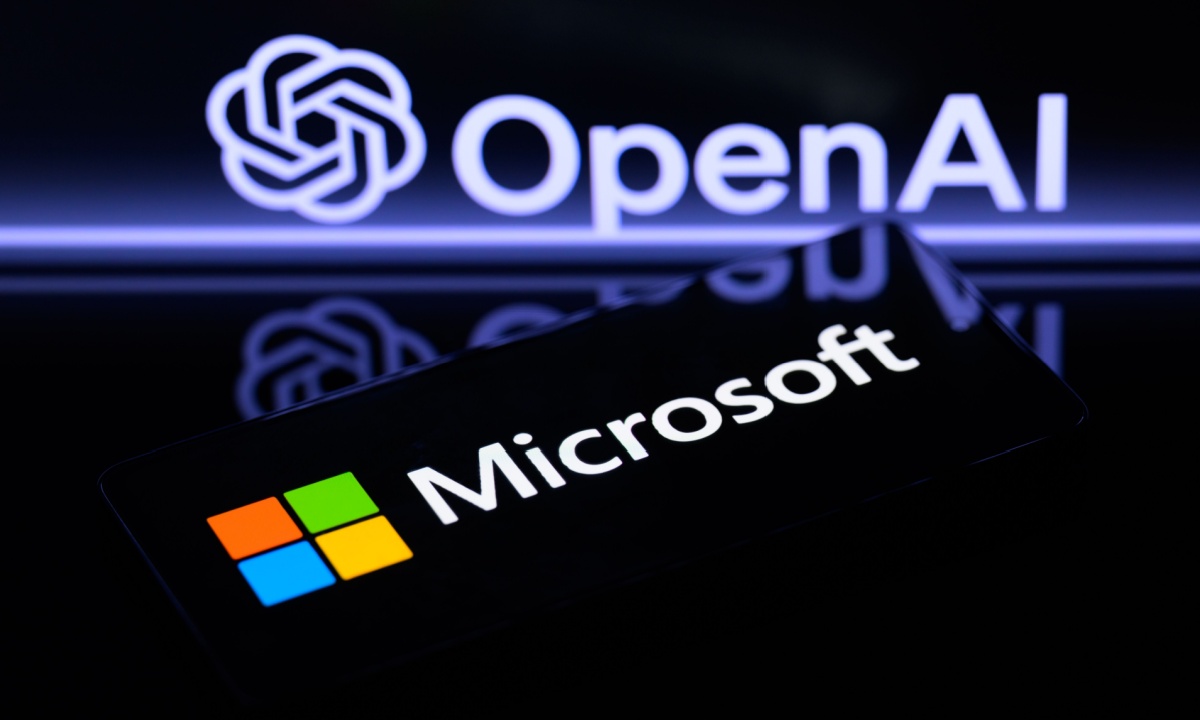
Britain’s Competition and Markets Authority (CMA) announced on Wednesday that it has dropped its investigation into Microsoft’s partnership with OpenAI, determining that the tech giant does not exert the level of control over the artificial intelligence company that would warrant further scrutiny, according to Reuters.
The collaboration between Microsoft and OpenAI, which dates back to a $1 billion investment in 2019, has drawn antitrust attention in both the United Kingdom and the United States. Concerns over OpenAI’s governance structure intensified following the brief departure and subsequent reinstatement of CEO Sam Altman in 2023. Per Reuters, this upheaval raised questions about Microsoft’s potential influence over the AI firm.
The CMA acknowledged that Microsoft had acquired “material influence” over OpenAI with its initial investment but determined that it had not since gained de facto control. As a result, the watchdog concluded that the partnership did not meet the criteria for further review under the UK’s merger control regulations. However, the CMA clarified that its decision “does not constitute a finding that no competition concerns arise from its operation.”
Related: FTC, DOJ Weigh Antitrust Issues in Musk’s OpenAI Case
A Microsoft spokesperson responded positively to the decision, stating that the company’s collaboration with OpenAI fosters competition, innovation, and the responsible development of artificial intelligence. “We welcome the CMA’s conclusion, after careful and prudent consideration of the commercial realities, to close its investigation,” the spokesperson said, per Reuters.
The CMA has been actively monitoring partnerships between major tech companies and AI startups, including Microsoft’s ties with Mistral AI, as well as Amazon and Google’s investments in Anthropic. However, none of these alliances have so far met the necessary threshold for a full-scale investigation under the agency’s merger control authority.
Earlier this year, the CMA gained expanded powers to scrutinize the largest technology firms if they are deemed to have “strategic market status.” The regulator has already launched inquiries into Apple’s and Google’s smartphone ecosystems, as well as Google’s search services. Analysts and legal experts have suggested that the appointment of former Amazon executive Doug Gurr as interim chair in January could indicate a more lenient approach to deal-making moving forward.
Source: Reuters
Featured News
FTC Reconsiders Boardroom Bans Tied to Exxon, Chevron Oil Mergers
Apr 13, 2025 by
CPI
Twelve Former Employees Back Musk in Court Fight Over OpenAI’s Structure
Apr 13, 2025 by
CPI
Meta Adds High-Profile Talent to Board as Washington Influence Grows
Apr 13, 2025 by
CPI
China Launches Antitrust Probe Into DuPont
Apr 13, 2025 by
CPI
Meta Faces Major Antitrust Trial as FTC Challenges Its Social Media Empire
Apr 13, 2025 by
CPI
Antitrust Mix by CPI
Antitrust Chronicle® – The Airline Industry
Apr 10, 2025 by
CPI
Boosting Competition in International Aviation
Apr 10, 2025 by
Jeffrey N. Shane
Reshaping Competition Policy for the U.S. Airline Industry
Apr 10, 2025 by
Diana L. Moss
Algorithmic Collusion in the Skies: The Role of AI in Shaping Airline Competition
Apr 10, 2025 by
Qi Ge, Myongjin Kim & Nicholas G. Ruppe
Competition in U.S. Airline Markets: Major Developments and Economic Insights
Apr 10, 2025 by
Germán Bet